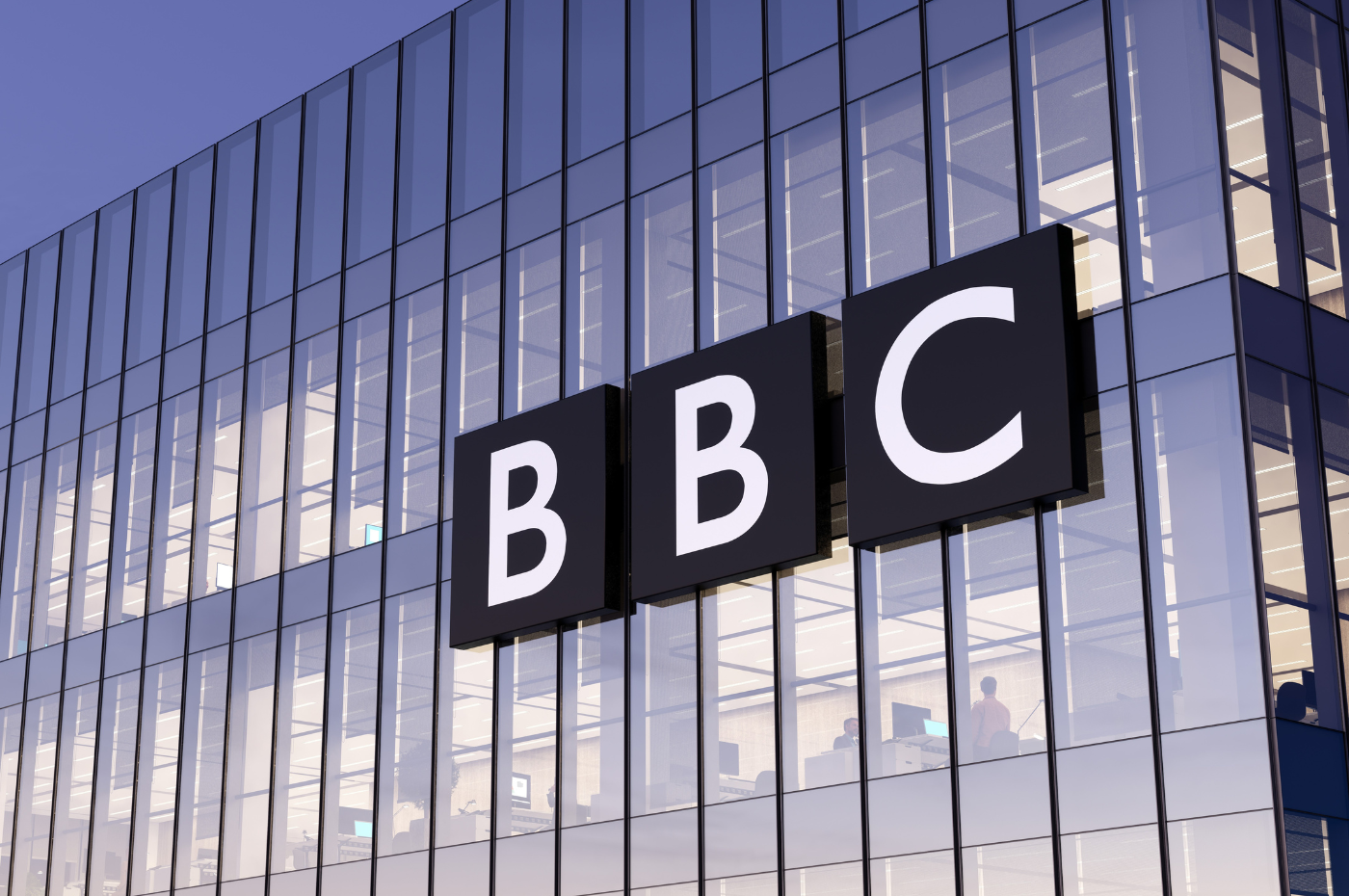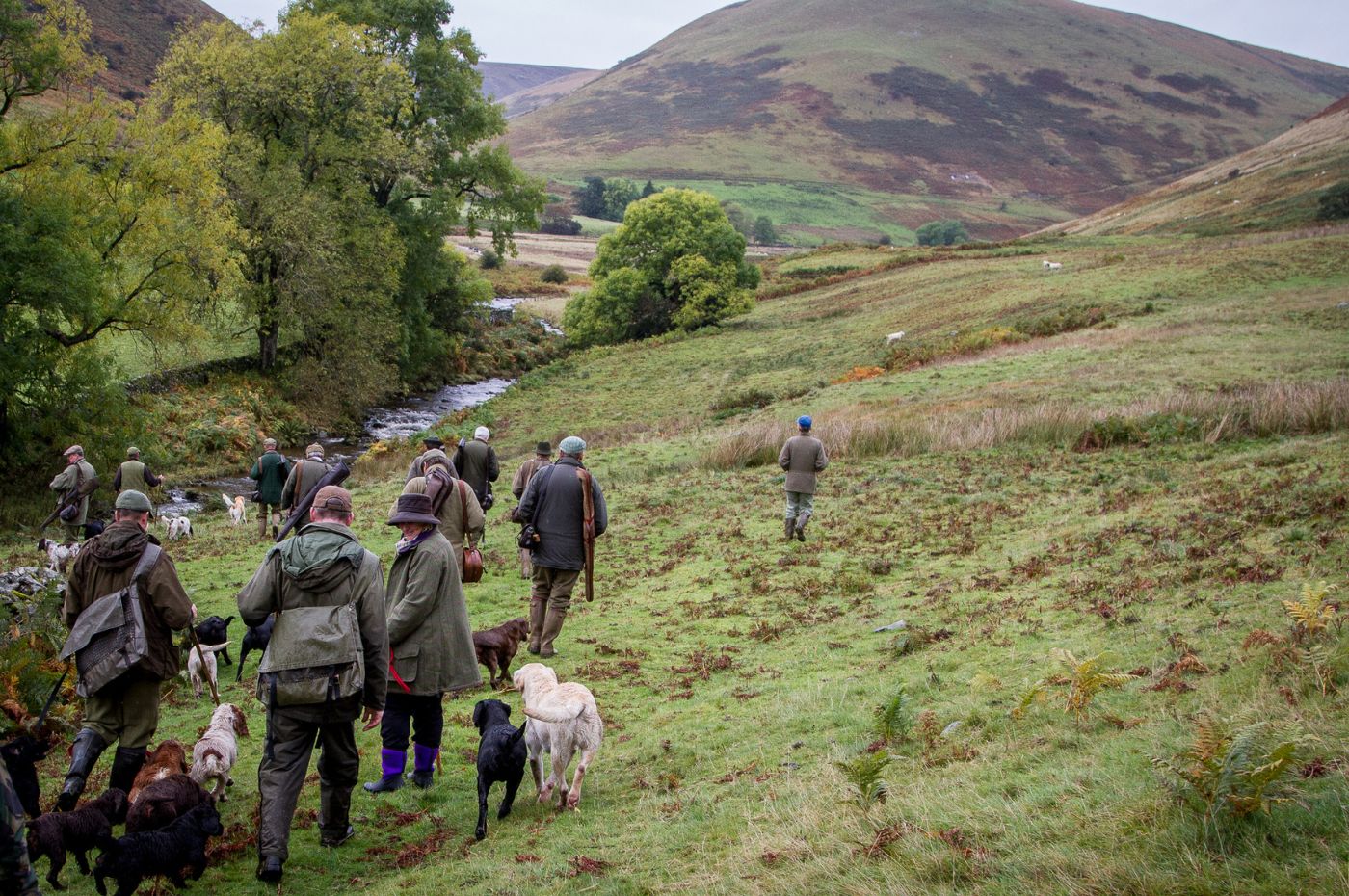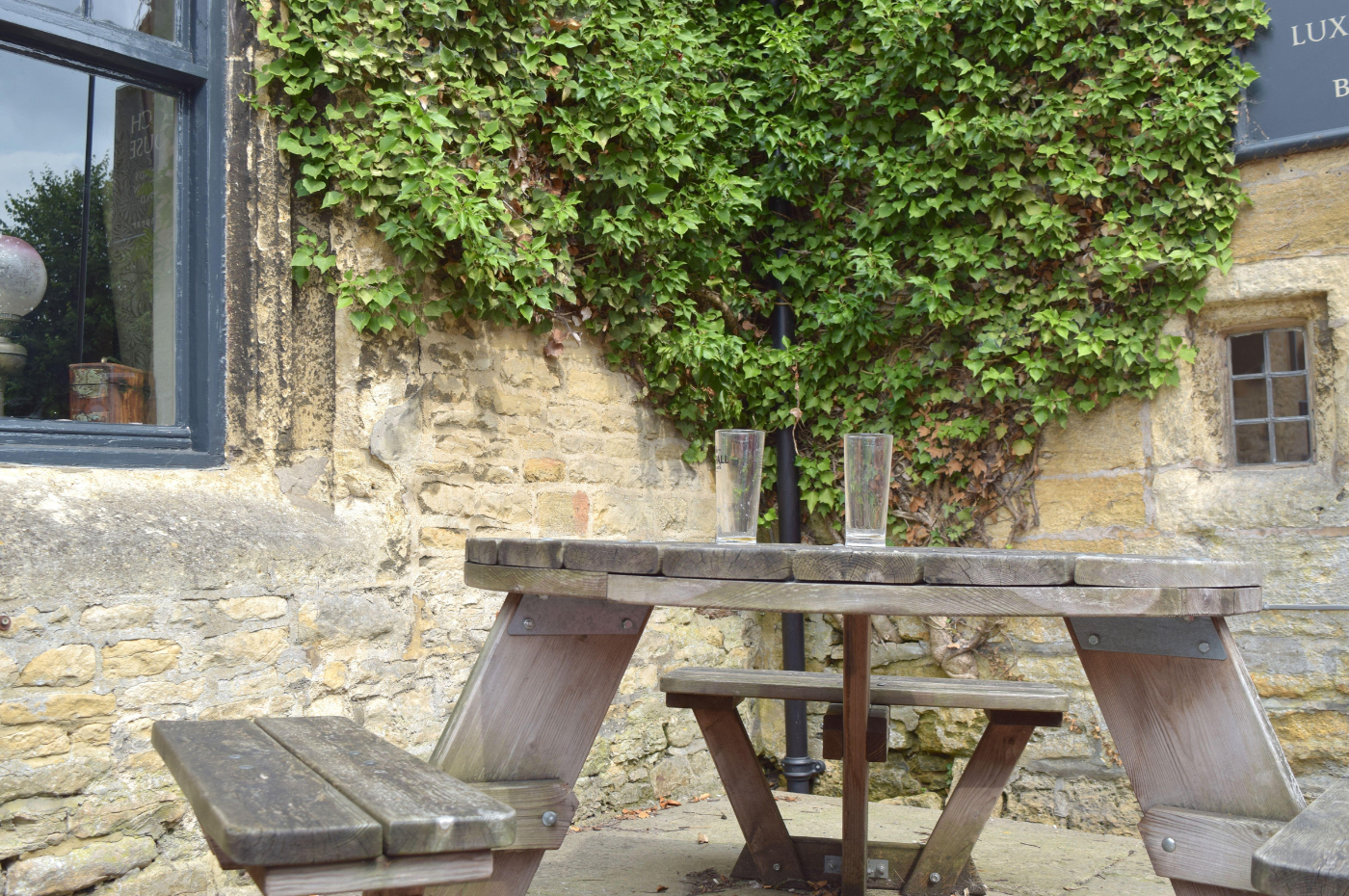Tim Bonner: Is the government in retreat on shotgun licensing?
In the current political climate making predictions is a dangerous business,...
View Details
The BBC is not responsible for a BBC presenter writing in BBC Wildlife Magazine. On the face of it a ludicrous statement, but sadly not one that is surprising for those of us who have experience of the Byzantine operations of the BBC. Last month BBC Wildlife Magazine published an error strewn and deeply biased article on grouse shooting by Mark Carwardine who describes himself in the magazine and elsewhere as a “BBC TV presenter”.
We complained assuming, quite reasonably, that a BBC presenter writing in BBC Wildlife Magazine would be subject to the BBC’s Editorial Guidelines. However, that reasonable assumption is apparently incorrect according to BBC Complaints because the BBC Wildlife Magazine website “does not have a bbc.co.uk address”. Apparently, the presence of the initials BBC in the name of the magazine does not denote that the BBC has any responsibility for its content.
This is, of course, absolute nonsense. The BBC sold its magazine portfolio with the assistance of KPMG for £121m in 2011. Its value was created by the licence fee funded BBC and is maintained for the current owners, a private equity company, by the continued use of the BBC brand. More importantly readers of BBC Wildlife Magazine, whether in print or online, logically assume that the content is the product of the BBC, especially if it is written by a BBC presenter. Denying that reality is to argue an indefensible position.
The BBC has history in this area. In 2016 another BBC presenter, Chris Packham, wrote another biased and ill-informed article in BBC Wildlife Magazine. On this occasion the BBC did accept that the magazine’s content was subject to its guidelines, but concluded that as Mr Packham was a “recurrent” BBC presenter not a “regular” one he was not. An equally devious and dishonest approach, but one that at least reached the scrutiny of the nominally independent BBC Trust. Extraordinarily, by abolishing the BBC Trust and leaving Ofcom as the corporation’s ultimate regulator, the last government created a situation which means there is now no route to appeal alleged breaches of the BBC Editorial Guidelines. Ofcom regulates its own Broadcast Code which does not consider the specific situation of the licence fee funded BBC or its guidelines.
So we are left with a situation where the BBC sets its own rules, is the only arbiter of those rules and denies responsibility for content in BBC branded publications. Ironically, just two days ago the BBC published a new version of its guidelines with a press release which proclaimed:
“The Editorial Guidelines set the editorial values and standards for all BBC output – in the UK and internationally – and apply to anyone making content for the BBC, whether BBC public service, BBC Studios or independent production companies”.
It seems to have forgotten to add an asterix after ‘all BBC output’ and the condition: except for magazines with BBC in the title.
Whilst the BBC’s rural output continues to display what a BBC Trust review once described as “metropolitan bias” this is not just a problem for the countryside. The fact that the BBC continues to deny responsibility for the output of some parts of its empire and some of its presenters is a challenge for every licence fee payer and for the BBC brand.

In the current political climate making predictions is a dangerous business,...
View Details
Ten thousand tonnes of rubbish tower over Oxfordshire countryside near...
View Details
Since the Budget, countryside pubs and businesses saw rate bills soar - and...
View Details